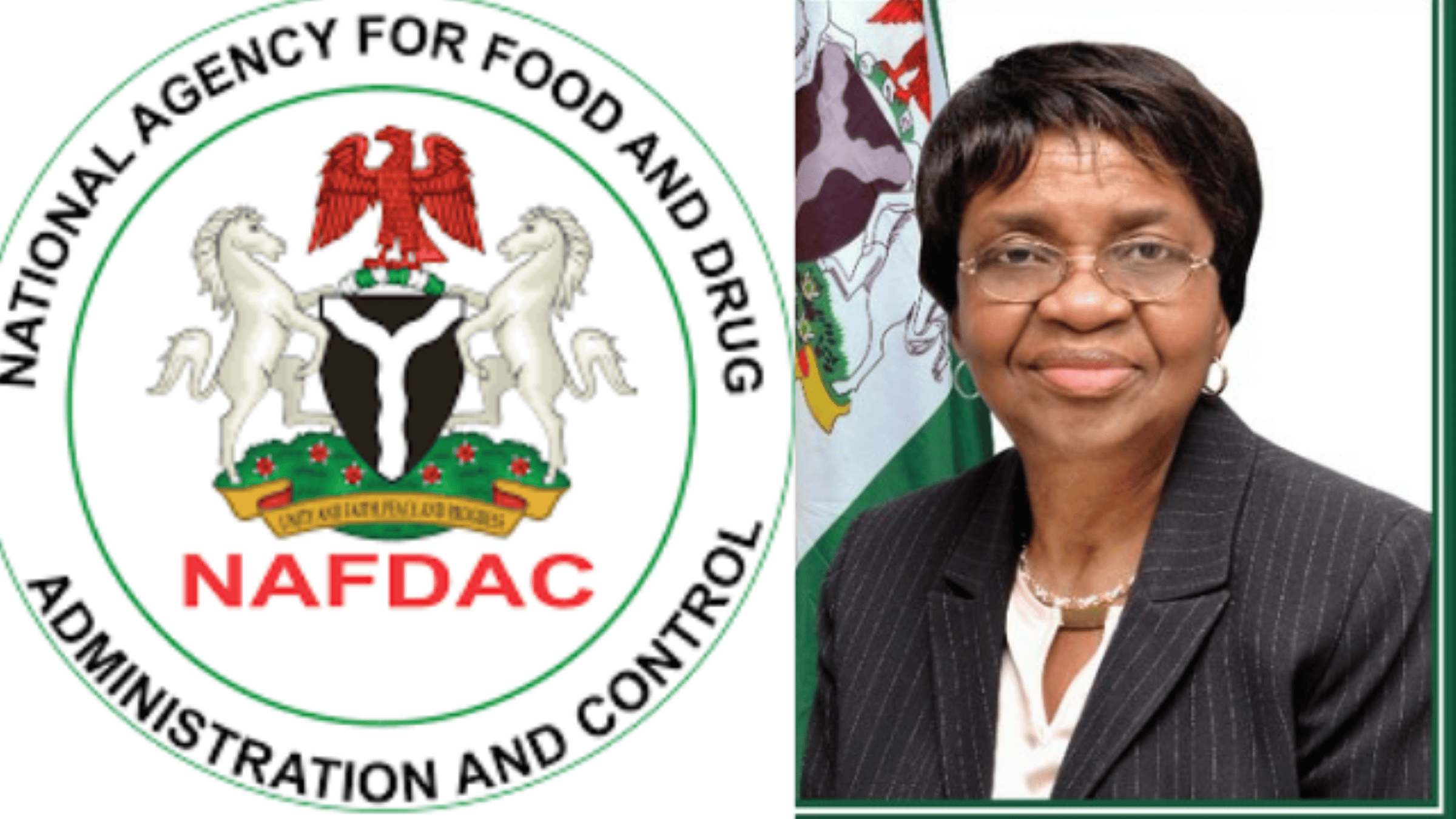
Food manufacturers in Nigeria now have an 18-month deadline to completely eliminate industrially produced trans-fatty acids from their products, following a new directive issued by the National Agency for Food and Drug Administration and Control (NAFDAC).
The agency unveiled the move on Friday as part of a national roadmap to combat what it describes as a major public health threat, citing strong links between trans fats and heart disease, stroke, and premature death.
Speaking during the announcement, NAFDAC Director-General, Professor Mojisola Adeyeye, described the action as both scientifically necessary and morally urgent, stressing that the time for enforcement has arrived.
“The removal of industrially produced trans fats from the food chain is not only a technical achievement but also a moral imperative. Eliminating these fats is possible, achievable, necessary, and urgent,” Adeyeye said in a keynote address shared on X (formerly Twitter).
What Are Trans Fats and Why Do They Matter?
Trans-fatty acids are most commonly found in:
- Partially hydrogenated oils
- Baked goods like pastries and cookies
- Fried and processed foods
They are known to raise bad cholesterol (LDL) and lower good cholesterol (HDL), significantly increasing the risk of cardiovascular disease and other fatal conditions. The World Health Organization (WHO) has long called for a global ban on industrially produced trans fats, recommending that daily intake should not exceed 1% of total energy consumption.
Inside Nigeria’s Roadmap for Elimination
NAFDAC’s strategy adopts a phased approach, combining regulatory enforcement with industry collaboration and public awareness. Key elements of the plan include:
- Reformulation of food products to meet new fat standards
- Strengthening laboratory testing and monitoring capacity
- Ongoing compliance inspections
- Nationwide education campaigns
- Government and civil society partnerships
The 18-month transition period is intended to give manufacturers time to deplete existing stock and adjust their recipes without causing market disruption.
Nigeria’s Global Recognition & Next Steps
This latest development comes on the heels of WHO recognition in 2023, when Nigeria was applauded for adopting best-practice policies to reduce trans fats. With the rollout of this roadmap, the country is now positioning itself to receive WHO validation for full elimination, a benchmark only a handful of nations have achieved.
Countries that have successfully eliminated industrial trans fats through regulation include Denmark, Lithuania, Poland, Thailand, and Saudi Arabia. Others, such as India, South Africa, and members of the Eurasian Economic Union, have imposed strict legal limits on trans fat content in food.
NAFDAC says Nigeria is now on a similar trajectory.
“This is more than a regulatory reform, it is a bold step toward protecting millions of Nigerian lives from avoidable health risks,” the agency said in a statement.
Public Health Impact
According to NAFDAC, this initiative tackles one of the most harmful dietary risk factors globally, and is a crucial step in reducing Nigeria’s rising burden of non-communicable diseases.
The agency is now calling on food companies, health professionals, and the general public to join forces in making the transition successful.



